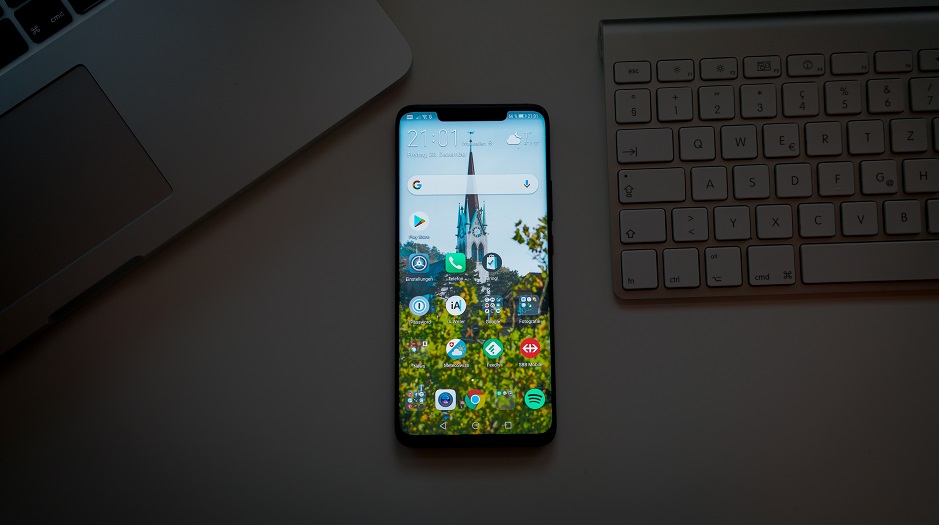My phone was ruining my sleep
I had tried a number of solutions. Buying a new mattress. Reducing caffeine. Eating better. I didn’t know what else to try until the major culprit revealed itself: technology.
04 OCTOBER 2020 · 15:00 CET

[This is the third in a series of three articles about personal discoveries I’m making this year. The others are about the impact of our families of origin and the delights of written prayers.]
A few years ago, I was crippled by a prolonged season of insomnia. I would fall asleep easily but wake up at 2 or 3 am and stare the ceiling for hours.
“Why is this happening?” I asked myself. I was young and exercised regularly. I faced stressful seasons, like everyone does, but overall, I was leading a balanced life.
I tried a number of solutions. Buying a new mattress. Reducing caffeine. Eating better. I didn’t know what else to try until the major culprit revealed itself: technology.
I realized I was using my smartphone throughout the day and into the evening. Before falling asleep, my wife and I would watch movies lying in bed with the computer between us. Then, during the boring sleepless hours, I’d read articles on my phone. And naturally, my phone would be the first object my hand would touch and my eyes would see in the morning.
Eventually the “aha” moment arrived: that was too much artificial light and stimuli. Of course, my body was producing less melatonin in the evening and my mind was restless while sleeping. These seemingly benign objects – the phone and the computer – connected my mind to work, distractions, and a polarized world at all times.
From that insight, I reconstructed my day and started to both function and sleep better.
- Now I try not to grab my phone, browse emails and check messages until I have left the bedroom, ate breakfast, and had a prolonged, quality time with God (using a printed Bible, instead of a virtual one).
- I use my phone and computer during working hours but set them aside at dinner time and don’t check them until the next day.
- All notifications and noises are turned off.
- During the day, I set aside moments to deal with emails, messages and social media, leaving large chunks of time for creative, uninterrupted work.
- In the evenings, I read printed books more often than watching movies or TV series. When Sarah and I watch something together, we now watch it in the living room with the TV several meters away from us.
- For our weekly Sabbath rest, I try to use technology sparsely and purposefully (i.e. to videocall relatives).
- During the pandemic lockdown, when the world went virtual and interactions multiplied, I instituted a policy on WhatsApp asking people not to forward me links or images but to only send messages that they wrote to me.
Sometimes I’m not disciplined and break some of these rules. But overall, this framework has helped me be more serene, centered, productive, emotionally available, and restful. I sleep more soundly at night and function with more concentration and less anxiety during the day.
This change in my rhythm and relationship to technology has fed the virtuous cycle I described in my previous two articles, helping me become aware of the impact of my past and cultivate a deeper spiritual life.
What personal changes have been helpful to you recently?
René Breuel, pastor of an evangelical church in Rome.
Published in: Evangelical Focus - Culture Making - My phone was ruining my sleep
